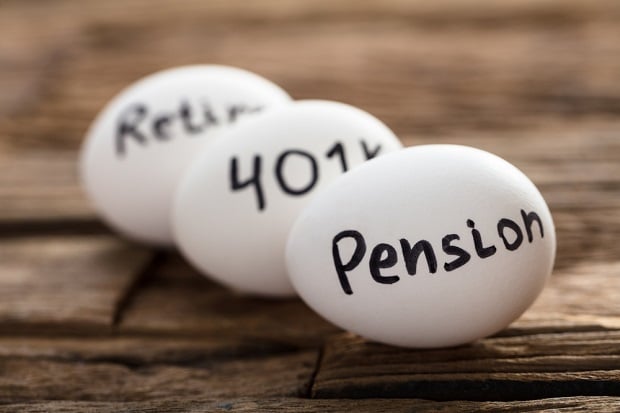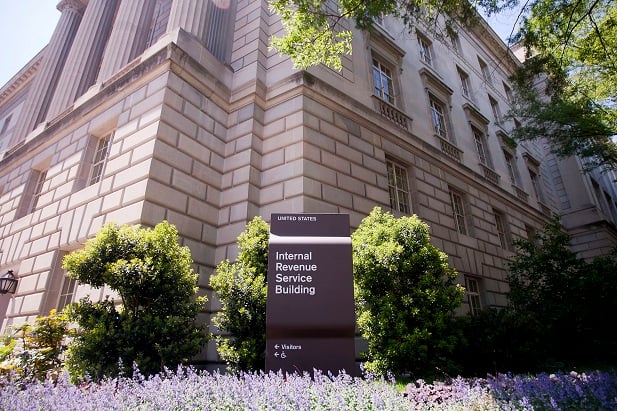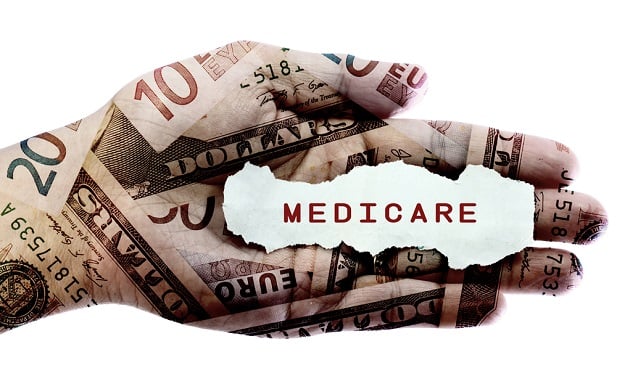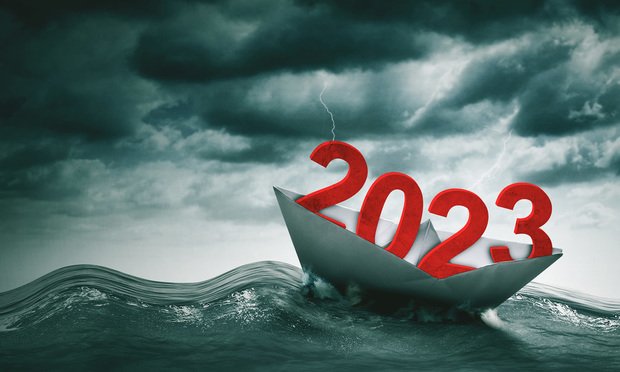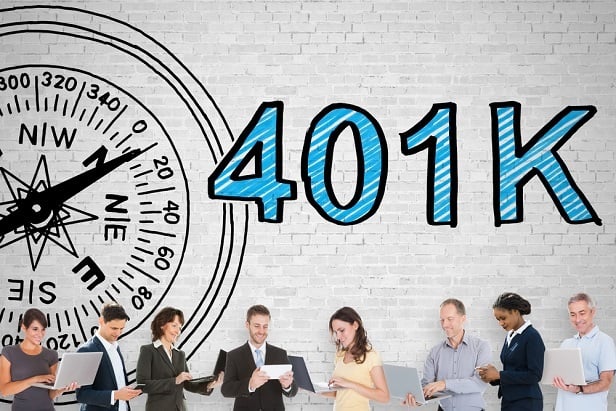About The Author
CONNECT WITH THIS AUTHOR
November 15, 2023
November 09, 2023
November 07, 2023
November 03, 2023
November 02, 2023
October 24, 2023
October 23, 2023
October 02, 2023
September 29, 2023
September 28, 2023
Trending Stories
- 1Stop HSA Headaches: Helping Clients Choose the Right Provider
- 2Armed man causes UnitedHealthcare buildings to lock down
- 3Employers' ACA coverage in limbo as Supreme Court weighs task force legality
- 4Trump tells DOL to develop PBM transparency regulations to lower drug prices
- 5Biden breaks silence to slam Trump over Social Security cuts





